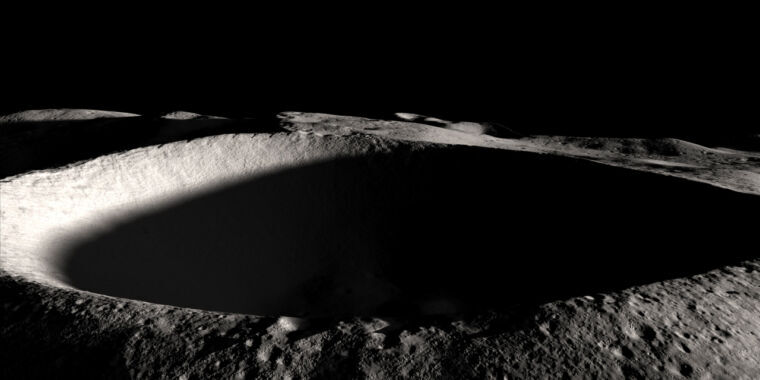- cross-posted to:
- astronomy
- cross-posted to:
- astronomy
In December, DARPA announced that it was working with 14 different companies under LunA-10, including major space players such as Northrop Grumman and SpaceX, as well as non-space firms such as Nokia. These companies are assessing how services such as power and communications could be established on the Moon, and they’re due to provide a final report by June.



This is the best summary I could come up with:
As part of this initiative, NASA seeks to foster a lunar economy in which the space agency is not the sole customer.
Last year, the defense agency announced it was initiating a study, LunA-10, to understand how best to facilitate a thriving lunar economy by 2035.
In December, DARPA announced that it was working with 14 different companies under LunA-10, including major space players such as Northrop Grumman and SpaceX, as well as non-space firms such as Nokia.
These companies are assessing how services such as power and communications could be established on the Moon, and they’re due to provide a final report by June.
“Based on technical work and development conducted under the LunA-10 study, I have identified six hypotheses where, if revolutionary improvements in technology can be made, I assess that a direct acceleration to the fielding of a lunar economy is likely to occur,” Nayak said in the paper.
Last Thursday, based on the ideas elucidated in Nayak’s paper, DARPA issued a “Request for Information” for technological capabilities that could scale up lunar exploration and commerce.
The original article contains 544 words, the summary contains 179 words. Saved 67%. I’m a bot and I’m open source!